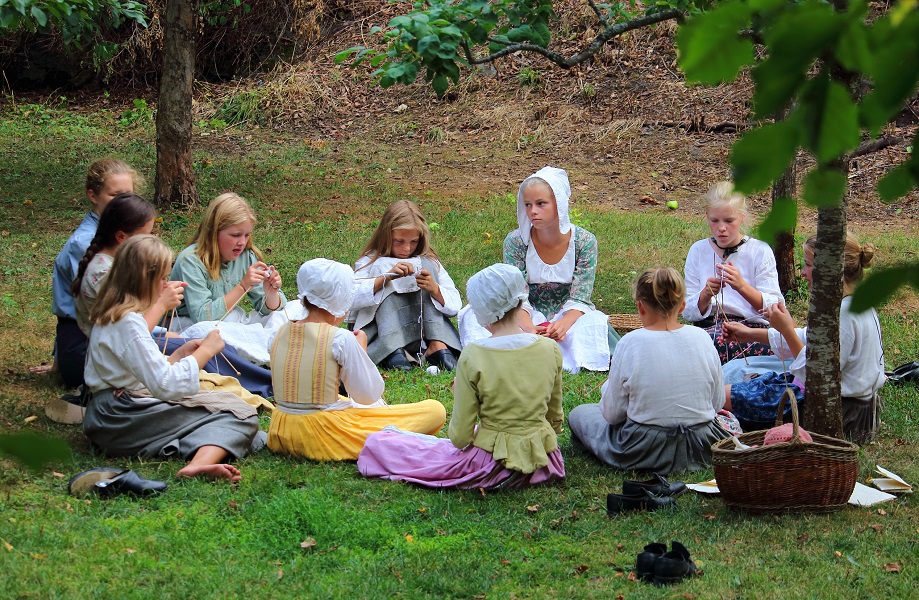Choosing the right educational path for your child is a significant decision for any parent. While public schools offer solid educational opportunities, many families are drawn to the unique benefits of private schooling. However, the cost of private education can be a major hurdle for many households. This article explores practical tips to help families afford private schooling, ensuring their children receive the best possible education without incurring overwhelming debt. Read on to learn more about how you can afford private schooling.
Understanding the Landscape
In the United States, there are 64,665 elementary schools, combining both public and private institutions. This immense variety offers numerous choices for families, each presenting its own set of advantages and challenges. With such a large number of options, it’s important for parents to evaluate the specific needs and goals for their children’s education.
The decision to opt for private schooling often stems from the desire for smaller class sizes and personalized attention. These factors are known to enhance student learning and engagement. Many private schools also offer specialized programs not typically available in public schools.
Despite the benefits, the high tuition cost is a common concern for families considering private education. Many parents worry about the financial burden it can impose. Planning and understanding the financial landscape are crucial steps towards making private education a feasible goal.
Evaluating Enrollment Statistics
According to ThoughtCo, 10% of students in the U.S. attend a private school. This statistic highlights the exclusivity and demand for private education nationwide. However, it also underscores the necessity for strategic financial planning to join this segment of the student population.
Enrollment trends can fluctuate based on economic conditions and changing family priorities. Private schools often respond to these trends by offering more scholarships and financial aid programs. It is crucial to explore whether such opportunities are available at your school of choice.
Families can also consider payment plans that spread the cost over time, easing immediate financial burdens. This approach helps manage expenses without incurring significant debt. Understanding your school’s financial aid policies can ensure you make informed choices.
Considering The Importance of Early Education in STEM
The National Science Teachers Association (NSTA) notes that engaging with science and engineering practices early on can significantly enhance a child’s educational journey. Children’s natural curiosity can be nurtured into a lifelong love for learning through well-designed curricula. Exposure to STEM subjects can prepare students for future academic and career challenges.
Private schools often have the resources to provide rich science and technology programs. Parents should evaluate these offerings as part of their selection process. Investments in such programs can be an investment in a child’s future, often justifying the educational expense.
Fostering interest in STEM fields can have long-term economic benefits. Professionals in these areas typically enter high-paying jobs, potentially offsetting the initial educational investment. It’s important for parents to consider long-term financial impacts, not just initial costs, when deciding on private education.
Affording private education for your children is a challenge many families grapple with, but it’s not insurmountable. By carefully evaluating your financial situation, exploring all available financial aid options, and understanding the long-term benefits, private schooling can become a viable option. Many schools offer scholarships, need-based grants, and tuition assistance programs to help reduce costs. Additionally, some states provide school voucher programs or tax credits that can alleviate the financial burden. Budgeting wisely and prioritizing educational expenses over non-essential spending can also make a difference. Ultimately, the right approach will not only help provide quality education for your children but also prevent your household from amassing unnecessary debt.






























